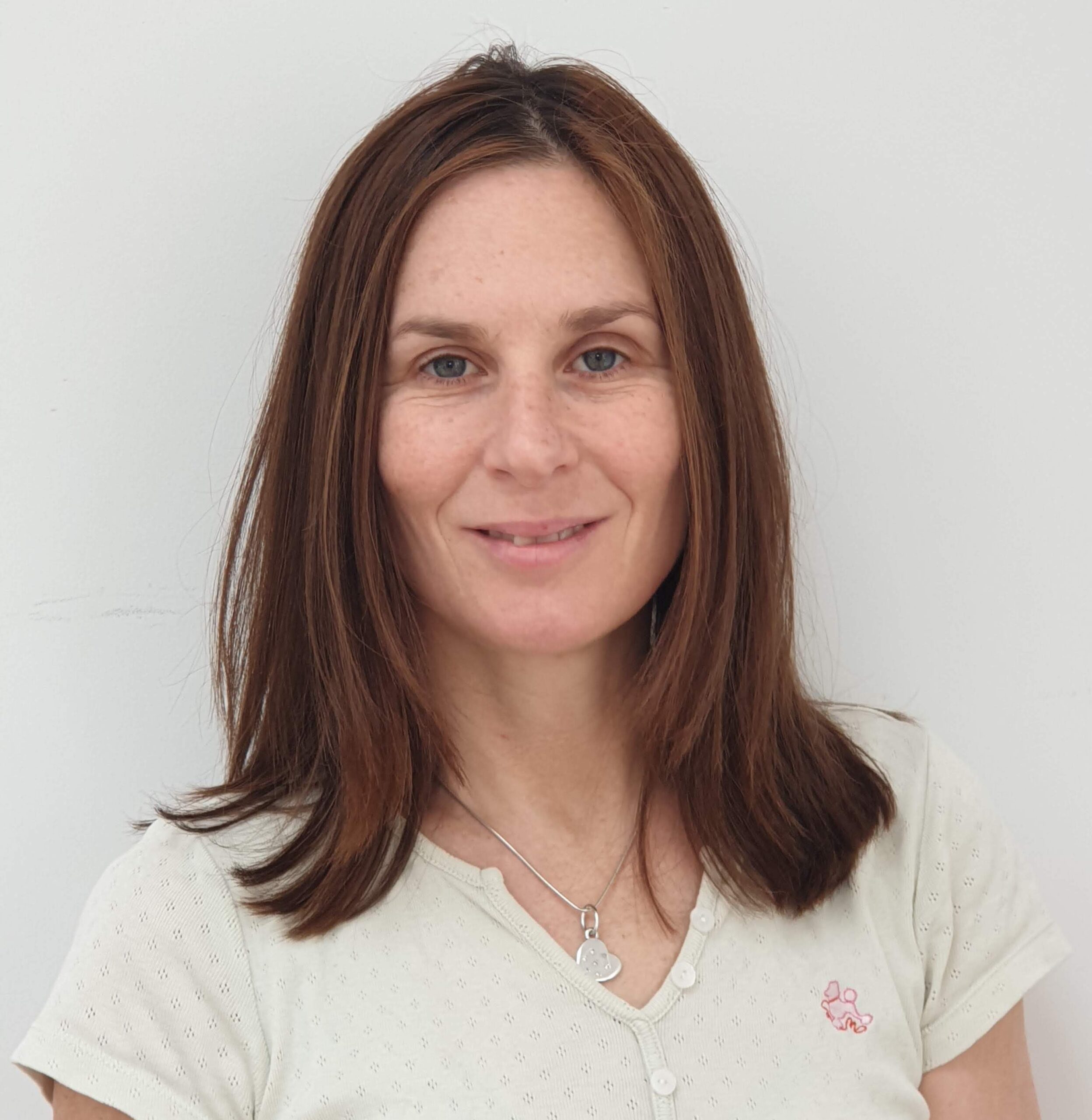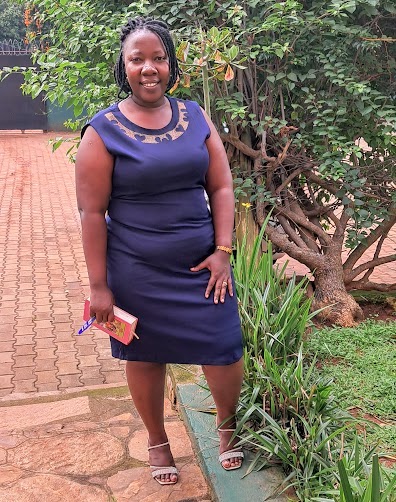Born in UK • Studied Mathematics and Computer Science in Edinburgh, UK • Highest Degree PhD in Algebra and Algebraic Geometry • Lives in London, UK • Occupation VP of AI
As a child, I enjoyed solving logic puzzles and spent a lot of time teaching myself BASIC on a Commodore VIC-20 that my dad had given to my brother for Christmas – my brother wasn’t remotely interested in the computer – I was obsessed by it!
My love for the problem-solving aspects of mathematics was solidified at school. I was lucky to have amazing mathematics teachers who made my learning journey both interesting and enriching. After regularly getting decent marks in school tests, I realised that I also had an aptitude for the subject and specialised early on by taking double mathematics A’ Levels.
(…) The inherent precision and rigour in mathematics helps keep my wandering mind constrained!
I went on to study mathematics as an undergraduate at Edinburgh. While there, I gravitated to pure mathematics – I love the logical nature of abstract mathematics and how concepts and rules can be linked together to develop new ideas and prove theorems – the inherent precision and rigour in mathematics helps keep my wandering mind constrained! I intended to pursue an academic career in mathematics, but with permanent academic positions in short supply, I settled on IT as a sensible Plan B and stayed on at Edinburgh to take an MSc in computer science. After that, I headed to Leeds to study for a PhD in representation theory of finite-dimensional algebras; and this was the end of my pure mathematics adventure – a career involving computing beckoned!
Looking back, there were several junctions along the road where I could have taken a different direction. The first was leaving my IT consultancy role to join Unilever on a two year contract. This introduced me to the world of chemoinformatics which I could link to mathematics by considering molecules as graphs of atoms connected by bonds. When my contract at Unilever came to an end, and with no sign of the recruitment freeze lifting, I decided to go to Sheffield as a post-doctoral researcher to work on developing a (commercialised) approach to facilitate computer-aided drug design.
Just over a decade was in the computational chemistry department, developing methods to find small molecules with medicinal properties.
Following the post-doc, I spent 18 years at GSK. Just over a decade was in the computational chemistry department, developing methods to find small molecules with medicinal properties. I then made an internal move to focus on bringing novel data analytics methods into GSK. This GSK chapter exposed me initially to the world of deep learning and its application to computer vision, and then later to new drug modalities, like antibodies, when I was responsible for a portfolio of digital, data and analytics projects.
The final four-year leg of my GSK journey I spent in the newly-formed AI/ML organisation. There, I learned the virtues of good engineering best practice and agile development, which was excellent preparation for my current role as VP of AI at BenevolentAI. I was also put in charge of building and leading the GSK.ai Fellowship Programme, which ignited a passion for developing, mentoring and nurturing junior staff members.
While I no longer have the opportunity to indulge in pure mathematics, mathematics is omnipresent in what I do.
Now at BenevolentAI, I focus on the company AI strategy and our centre of functional excellence in AI. While I no longer have the opportunity to indulge in pure mathematics, mathematics is omnipresent in what I do. I spend a lot of time reading the AI literature, which really combines probability theory, statistics, linear algebra, calculus and optimisation, and thinking about how we can leverage AI to accelerate drug discovery.
Young students often struggle to visualise how the study of mathematics may translate into practice. Many believe they’ll end up being a banker, an accountant or a mathematics teacher (which are of course worthwhile professions). I never really planned my career-journey, I did what felt right at the time, and I would never have imagined that I’d end up using my skill-set to find life-changing medicines for patients. So here’s my advice: we’re living in challenging economic times, so be flexible and responsive – seek out and embrace new opportunities that play to your strengths; and most importantly, follow your passion for mathematics – it can take you anywhere!



Recent Comments